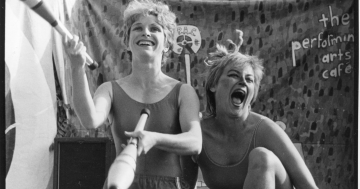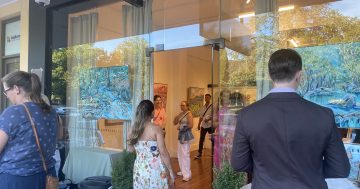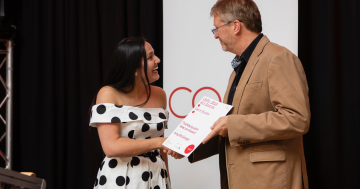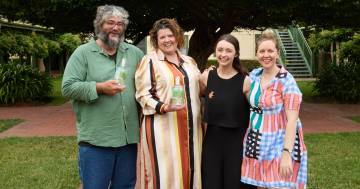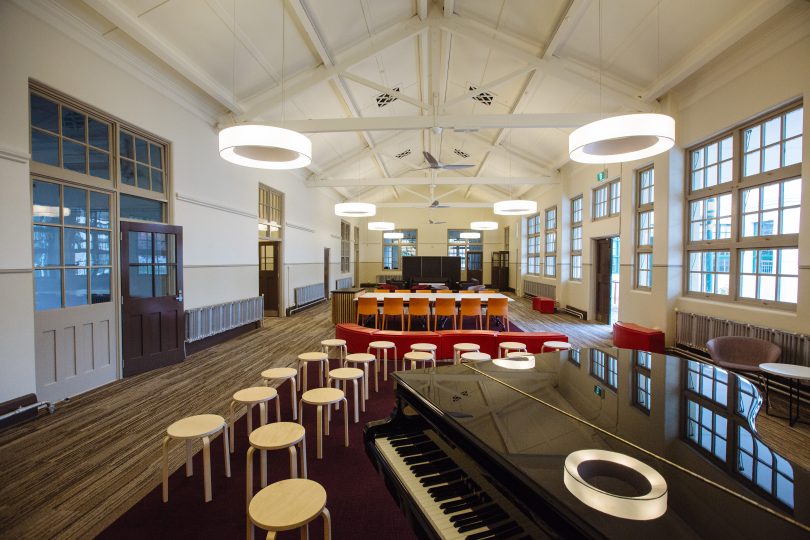
Ainslie + Gorman Arts Centres are standing empty as the COVID crisis hits classes, performances and exhibitions hard. Photo: Supplied.
The ACT Government’s announcement on rent relief for arts organisations has come as a huge relief to the sector, but many in the arts community are still reeling at the profound hit they’ve taken with the cancellation of live performances, shows, exhibitions, classes and events, and the hospitality and retail work that supports many arts practices.
From 1 April, the Government will not charge any rent, for a six-month period, to community groups occupying ACT Government-owned properties including school facilities rented to the community and community housing providers. The process is automatic and facilities do not need to apply.
There’s an additional $500,000 in funding to the head-licensees of arts facilities covering the critical issues of sub-licensees who occupy premises like the Ainslie + Gorman Arts Centres, enabling them to waives fees for the next six months for their many arts organisation tenants.
“Ainslie + Gorman is a community and a hub,” says creative producer Adelaide Rief, who is coordinating a series of programs to help the arts and creative community make sense of the huge blow they’ve been dealt.
“We are trying to maintain connections with residents and studio artists and their communities and give them whatever help they need. We’re having a lot of conversation and sharing resources, looking for example at what kind of offerings an organisation like the Canberra Youth Theatre would have in the crowded marketplace of online.”
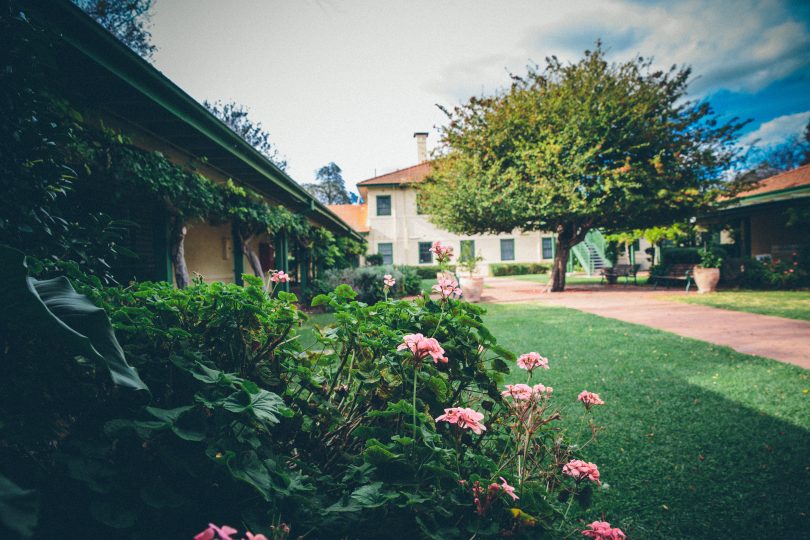
Ainslie Gorman arts centres house multiple local arts oganisations. Photo: Supplied.
The Ainslie Gorman Artist Toolkit is the Centre’s primary assistance mechanism, funded by Arts ACT and designed to help artists maintain meaningful careers, which takes on a whole new meaning in these difficult times.
Toolkit chats comprise one-on-one advice sessions for artists or small groups which can include advice and referrals.
“We’re getting lots of questions about Centrelink and the JobSeeker and JobKeeper payments,” says Adelaide. Because of the high demand, a webinar for the arts community is in the works on those topics.
She makes the point that many people in the creative sector are employed in a series of short-term casual jobs worked around their arts practice, so may not have a year’s worth of casual employment that would fit the JobKeeper parameters.
“Because they cobble together short-term contracts, they really miss out at the moment”, Adelaide says. “There are also legal issues around contracts and work that artists may have been doing that have been paused.
“And with everything going online, there are also some worrying issues around crediting. We’re seeing, for example, lots of people doing online storytelling, but not necessarily crediting the authors and illustrators for their work.”
Adelaide from Ainslie + Gorman predicts there will be emerging legal issues around digital content, and that artists will also need advice about how they can monetise their digital output in a crowded market where they are competing with relatively well-funded institutions
Adelaide says the announcement of funding and support packages and the recognition that the arts and creative community face major challenges has been reassuring for the sector.
“They now feel there will be something to help them out, but there is confusion about how to do that. People in the arts are used to getting on with it and not relying on government support. Now they have almost no alternatives but trying to access those formal support mechanisms”, she says.
She sees some silver linings, however, where artists do continue to have liveable incomes, they’re interested in the opportunities to grow their practice and get out of the rat race of project-to-project activity.
You can sign up for the toolkit program at the Ainslie + Gorman website. More information about workshops and information sessions via Facebook is also forthcoming, including a focus on how artists can navigate their way through the system rather than just a list of resources.
